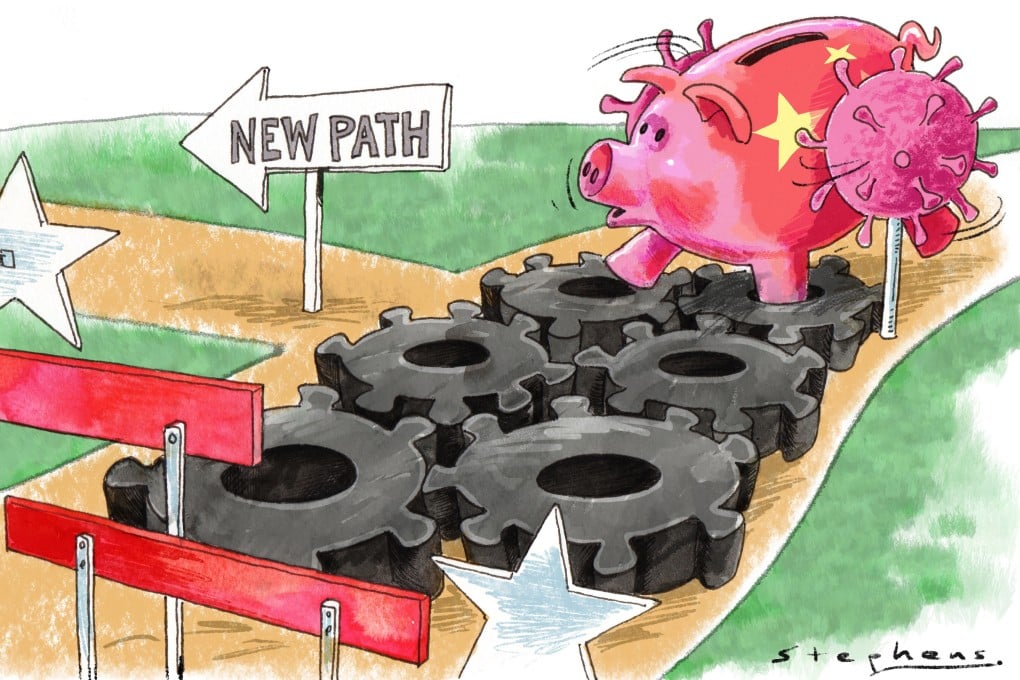Advertisement
Opinion | China must abandon successful but outdated policies to revive economy in 2023
- China enters the new year facing more economic uncertainty than it has faced in decades, but there is a path that can steer it clear of pitfalls
- It requires adapting old policies to new conditions to boost domestic consumption, navigate Covid challenges, and strengthen trade relationships
Reading Time:4 minutes
Why you can trust SCMP
21

China enters the new year with greater downside economic uncertainties than it has encountered in decades. Recent projections showing growth rebounding from 3 per cent for 2022 to 4 to 5 per cent in 2023 seem far-fetched as Covid-19 cases soar and China’s exports fall precipitously.
Moreover, the October 7 restrictions by the US limiting China’s access to semiconductors mark an unprecedented move to impede Beijing’s efforts to become more technologically self-sufficient. All this is occurring during an administrative transition, making it difficult for officials to act decisively.
But there is a path in the coming year that could get China out of this morass. It requires discarding policies that have served China well previously but are no longer appropriate given altered global and domestic conditions.
Advertisement
This means moving away from the traditional stimulus measures being contemplated to revive the economy to actions that would improve the productivity of investment, adjust pandemic policies to reflect the nature of the new variants, and forge stronger foreign economic relations to preserve a rules-based multilateral system.
I have elaborated elsewhere on reforms to achieve more sustainable and rapid growth by increasing labour productivity and returns on investments. The report from the recent meeting of the Central Economic Work Conference is encouraging in signalling support for the digital economy and private sector.
Advertisement
But both the recent Communist Party congress and the work conference fail to recognise that the most significant adjustment would be a much bolder effort to liberalise hukou residency policies that restrict people from relocating to more productive jobs elsewhere. These restrictions served a useful purpose decades ago in managing the migration of millions of rural workers to major commercial cities.
Advertisement
Select Voice
Choose your listening speed
Get through articles 2x faster
1.25x
250 WPM
Slow
Average
Fast
1.25x
